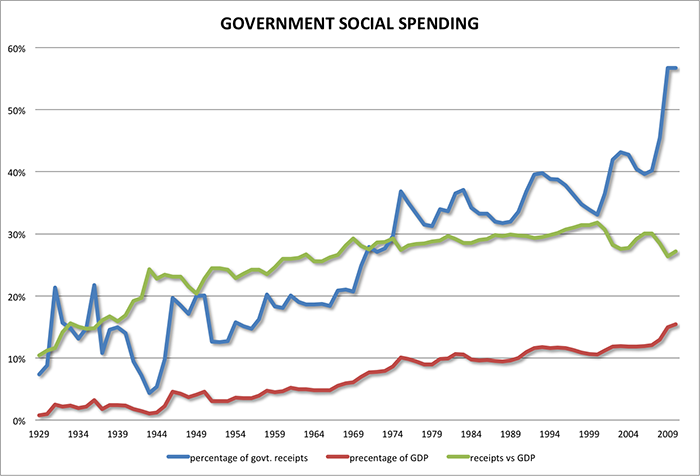The investment, totalling more than 500 billion U.S. dollars, has allowed Venezuela to meet the eight Millennium Development Goals (MDGs) set by the United Nations (UN) for the 2000-2015 period, including the main objective to substantially cut poverty and hunger.
In 2000, more than 5 million Venezuelans, or some 20 percent of the total population of 24.5 million, lived in poverty. By 2012, well ahead of the UN deadline, the number was halved to a little more than 2.4 million.
By 2015, the proportion of Venezuela`s impoverished population will be further reduced to 4.9 percent, according to the country`s National Institute of Statistics (NIS).
In 2013, the Food and Agriculture Organization of the United Nations (FAO) praised Venezuela as one of 18 countries, along with Cuba, Nicaragua and Peru, that excelled in malnutrition reduction.
In June this year, the same UN agency lauded Venezuela`s progress in hunger eradication.
Since Maduro took office in 2013, his government has allocated at least 62 percent of the country`s gross domestic product (GDP) and oil revenues for social programs or "missions", which strive to guarantee people`s basic needs, such as healthcare, education, food and housing.
The Food Mission, for example, includes a "school meals program" which ensures that some 4.3 million children registered in 6,920 schools receive proper nutrition.
In addition, the current unemployment rate of 7.1 percent is only half of that a decade ago.
The Inside the Neighborhood Mission, which focuses on providing preventive healthcare through the construction of local medical clinics, makes healthcare accessible to everyone.
Sociologist Carlos Partidas, who is also a coordinator of the healthcare mission in Venezuela`s capital city of Caracas, told Xinhua that the network includes more than 7,200 clinics covering as many communities throughout the country.
The mission also provides 589 Comprehensive Diagnostic Centers (CDI) and High-tech Centers (CAT) that offer free primary and specialized medical attention.
Education is free and promoted via missions such as the Robinson Mission, which sees adult volunteers teach basic reading, writing and math to children. As a result, only 0.7 percent of children aged seven to 12 lack such basic skills today.
Through the Ribas Mission, the government is determined to eliminate school dropouts.
UNESCO rates Venezuela among the world`s top five countries with the highest student enrollment rate, and No. 2 in Latin America, only after Cuba.
In 2005, the United Nations Educational, Scientific and Cultural Organization (UNESCO) declared Venezuela free of illiteracy.
Thanks to the Great Housing Mission, which has delivered around 750,000 homes to as many families to date, Venezuelans are now enjoying larger living spaces and better basic services.
More about:
















































